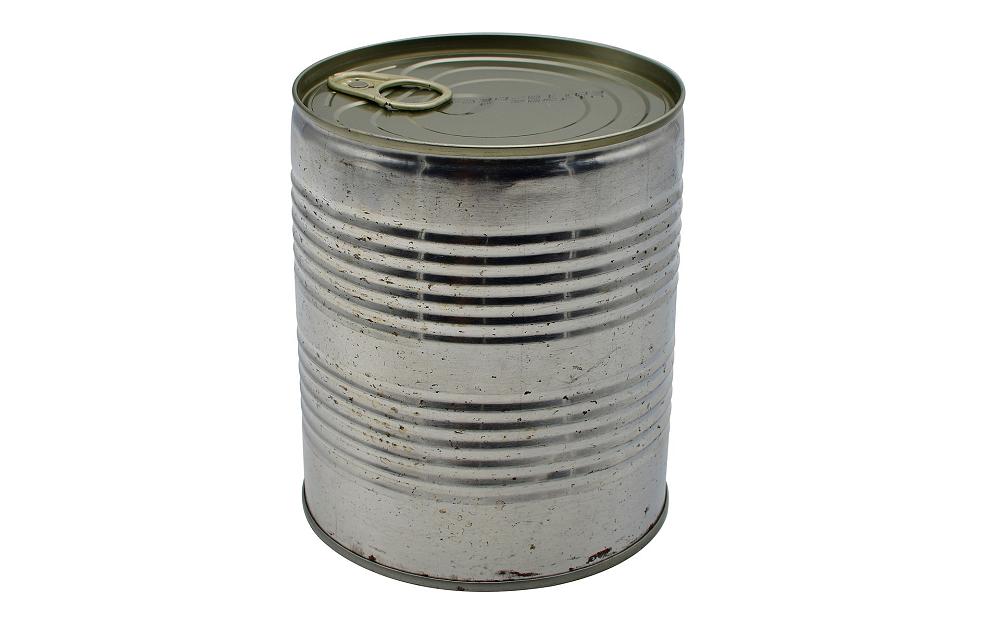Sunburn is a common irritation experienced by many, especially during the vibrant summer months. For those who love basking in the sun, the repercussions can be painful and frustrating. Enter cocoa butter—a traditional remedy that’s recently gained traction in the beauty and skincare realms. But can cocoa butter actually alleviate the discomfort and symptoms of sunburn? We delve into what dermatologists have to say about this intriguing topic.
First, let’s examine the properties of cocoa butter. Derived from the fat of cocoa beans, this emollient boasts a rich, creamy texture, which makes it a popular choice in moisturizing products. Its high levels of fatty acids and antioxidants promise not just hydration but can also support the skin’s natural barrier. But how does this translate to alleviating sunburn?
Understanding Sunburn
Sunburn occurs when the skin’s delicate cells suffer damage from ultraviolet (UV) radiation. This damage manifests as redness, swelling, and discomfort. In severe cases, it can lead to blisters and peeling skin. The skin’s inflammatory response, which is essentially the body’s way of healing, can be quite distressing. The burning sensation that often accompanies this can make it difficult to focus on daily activities, and that is where effective treatments come into play.
Cocoa Butter’s Role
While cocoa butter is not a medical treatment for sunburn, its hydrating properties can indeed combat some of the dry, flakey aftermath of a burn. Dermatologists often recommend emollients to help seal moisture in the skin, which is essential after sun exposure. Cocoa butter, being an effective emollient, fits this requirement perfectly. It creates a protective layer over the skin, which can prevent further moisture loss.
What Dermatologists Say
Experts emphasize that while cocoa butter can soothe and moisturize sunburned skin, it is important to use it correctly. Dr. Emily Newsom, a board-certified dermatologist, states, “Cocoa butter provides a soothing barrier to the skin, but it should not be applied immediately after a sunburn. Wait until the initial inflammation subsides to avoid trapping heat in the skin.” This highlights the essential aspect of timing when using cocoa butter for sunburn relief.
Moreover, it is crucial to consider the type of cocoa butter product used. Pure cocoa butter, free from synthetic additives or fragrances, is the best choice to minimize further irritation. Many products on the market tout the benefits of cocoa butter while containing ingredients that could exacerbate sunburn effects. Therefore, being an informed consumer is vital.
Enhanced Relief with Cocoa Butter
Incorporating cocoa butter into your post-sun care regime can be combined with other beneficial ingredients. Many dermatologists recommend products that contain aloe vera, which is reputed for its cooling properties. Combining cocoa butter with aloe vera creates a synergistic effect, offering not just hydration but also a soothing relief that might help ease the discomfort. There are also formulations that combine cocoa butter with vitamins E and C, both of which possess antioxidant properties that can support skin healing.
Alternative Options
While cocoa butter can certainly play a beneficial role in your sunburn aftercare, there are other options available that might bring faster relief. For particularly painful burns, over-the-counter hydrocortisone creams can reduce inflammation and pain. Dermatologist Dr. Sarah Chen notes, “Hydrocortisone can be very effective in reducing inflammation, especially if applied soon after sun exposure. For those who prefer natural remedies, cooling coconut oil can also be beneficial.” It’s essential to consult with a healthcare provider if symptoms worsen or if the sunburn becomes severe.
Prevention: The First Line of Defense
While the focus here is on treating sunburn, we cannot neglect the importance of prevention. Sunscreen is the most effective means of protecting your skin from harmful UV rays. Opt for broad-spectrum sunscreens with SPF 30 or higher and reapply every two hours, especially after swimming or sweating. Wearing protective clothing and seeking shade when the sun is at its peak are equally critical preventive measures.
Conclusion
Cocoa butter can indeed be a helpful ally in combating the aftermath of sunburn, aiding in hydration and moisture retention. However, it should be applied with caution and at the right time in the healing process. As preferences lean towards natural remedies, understanding the efficacy of cocoa butter, coupled with expert advice from dermatologists, can empower younger audiences to navigate sunburn relief effectively. Always prioritize prevention, but when sunburn strikes, cocoa butter just might soften the blow—providing a glimmer of relief until your skin naturally heals.

